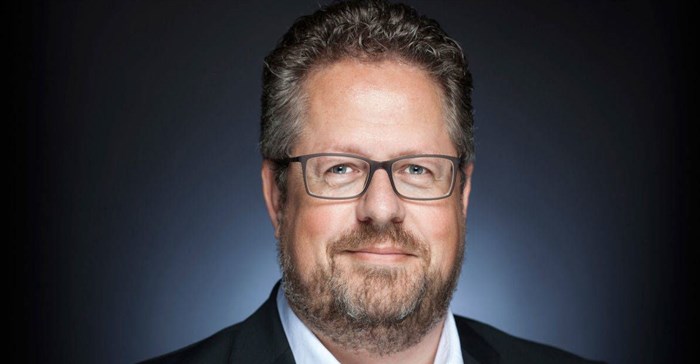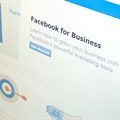Jesper Doub, director of news partnerships EMEA at Facebook, focuses on building relationships with journalists and publishers across Europe, Middle East and Africa as they embrace digital change and seek new, sustainable business models.

Jesper Doub, the director of news partnerships EMEA at Facebook.
While in Johannesburg last week, he spoke to us about how journalism and publishing are changing, how data is changing journalism and the role that Facebook plays in the news industry.
If you can please comment on how the journalism and publishing landscape is changing.
I think what we see – across the world – that the whole publishing industry and journalism in all its forms are suffering economically a great deal. This is because of the change in traditional media and the changing media consumption patterns of readers and users.
Where you used to have newspaper readers, these days the younger generation doesn't subscribe to newspapers. The smartphone is at the centre of pretty much everything in the world – when it comes to spending time gathering information and news. So the shifts in user behaviour are one of the biggest challenges that media companies are struggling with.
At the same time, revenue streams are changing because of what I've said – younger people don't subscribe as their parents did, and the advertising business has changed rapidly to become much more detailed, granular, tech-driven with a lot of media companies struggling to catch up.
These challenges are combined with, in some areas of the world and what I think of sadly enough true to most parts of the world, a lack of trust in journalism generally – where we see that there is a decline, which is a challenge to the industry itself to reinvent it and reach the audiences again.
How do you think data is changing journalism?
I think that data is a blessing for journalism. I think what is a challenge to most organisations is to make sense of data. So just having data doesn't really change anything. But if you can find people who are good at translating the information that comes out of data into what it actually means to a newsroom, it can be a blessing.
You can use data to discover new stories, you can use data to see the interests of your stories with your readers. You can see trends that are coming up and you can get a much better feeling of what actually resonates with your audience.
So there are so many aspects of data that can be beneficial to publishers, but having been in the publishing industry myself for 20 years, this is not necessarily something that every media outlet is good at from the outset. It takes time to build the skills and understand what it is and that it's an investment. Again, when we talk about investment in tough times – here's something that comes back to bite them.
So, generally, data is great, but acknowledge that it is a challenge to make use of. But we see so many companies that have really grown their skills and are so good at it and has much better visibility of what works for them than they ever had before.
What role do you think Facebook is playing in the news industry?
Facebook has a role in this industry just because of the ties of the platform and its ability to reach huge audiences. The way we engage with publishers is by giving them a place and a platform, sending them referral traffic, offering them raft ways of engaging with their audiences – be it through building groups, having events organised on the platform, or when it's more business-related, drive subscribers to their paywall, which we built explicitly together with publishers as a solution to help them build a digital subscription business.
There are other areas where we are growing – as a video platform, which becomes more and more interesting also as a means of monetisation for publishers. So, generally, I think we are deeply engaged with the audience. I know that it has been difficult working with Facebook in the past, because of the speed we're operating at and sometimes Facebook hasn't been great to publishers in explaining why there are changes – this is something we have been watching, just to be more transparent. And I feel that we're making progress there.
But overall, Facebook has a role. We feel that we have an obligation to support free and independent, strong journalism. We want this content to be on the platform because we want people in the world to have access to this information. And, by that, we want to try to help publishers build through a transition – which most probably takes an individual approach since the transition does not look the same for all publishers. Because countries are in different stages and individual publishers have their individual challenges, we try to support them and be a partner.
For more info, you can connect with Doub on Facebook and on LinkedIn.



































































